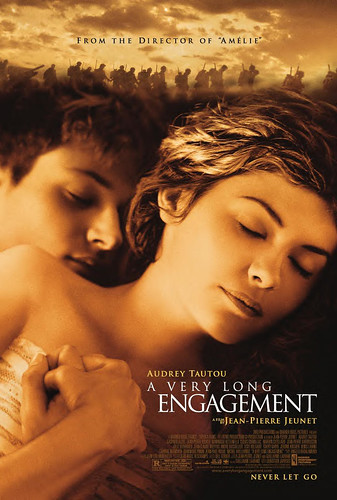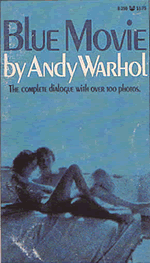Which brings up the question of whether or not a review can be right or wrong for more than one individual at a time. If so, perhaps only in the cases where the review reader sought out the subject of a review and compared notes.. which we don't often do for things reviewed in a harsh negative light.
A while back I came up with a gimmicky approach to the movie review that I thought might be fun. The idea is that one man's trash is another man's treasure, so why not write reviews from the pseudonymous personality of someone hardwired to love the movie in question. Every review would more or less be a rave, but regular readers of the column would get an insight into what they could expect from the movie by which personality was reviewing it and how it rated for the kind of reviewer who, in theory, is predisposed to loving it.
Isn't it unfair to the moviegoer to have the same guy reviewing MR. WOODCOCK and EASTERN PROMISES?
Ultimately it sounded like too much work for a lark, but maybe one day...
My aside aside, I just returned home from director David Cronenberg's latest film EASTERN PROMISES, which is hands down the best movie I've seen all year. Rather than write review-type stuff about it I wanted to jot down some comparisons of my experience today to the one I had watching Cronenberg's last film, also starring Viggo Mortensen, A HISTORY OF VIOLENCE.
As great a time at the movies as I had today, I had the opposite watching HISTORY. I thought then that Cronenberg had officially lost his touch (SPIDER was thoroughly unwatchable) after a two-decade run as one of the most exciting directors in the business.
As sure-handed as PROMISES felt, HISTORY felt scatterbrained. As sharply-directed and "in the pocket" as the actors felt today, they felt attention-starved and mismatched in HISTORY. William Hurt was Oscar-nominated for his laughable, scenery-gorging, late-period Brandoesque supporting role in HISTORY: Mortensen will be nominated for his elite, coiled, hypnotic leading work in PROMISES.
As piecemeal and wildly uneven in tone as HISTORY felt, PROMISES felt like a seamless fabric of writer, director and cast working in unison.
I haven't felt that good watching a movie in the theater in a long, long time. How you feel about a movie doesn't necessarily say that much about the movie itself, even if you're a top flight film critic, but nonetheless what I felt as I was watching EASTERN PROMISES (including the relief of seeing a cinematic hero return to form) was so good I felt compelled to share it.

This still from Cronenberg's RABID has always freaked me out."You need language for thought. And you need language to anticipate death. There is no abstract thought without language. And no anticipation. I think the anticipation of death without language would be impossible."
- David Cronenberg
"My dentist said to me the other day: I've enough problems in my life, so why should I see your films?"
- David Cronenberg























